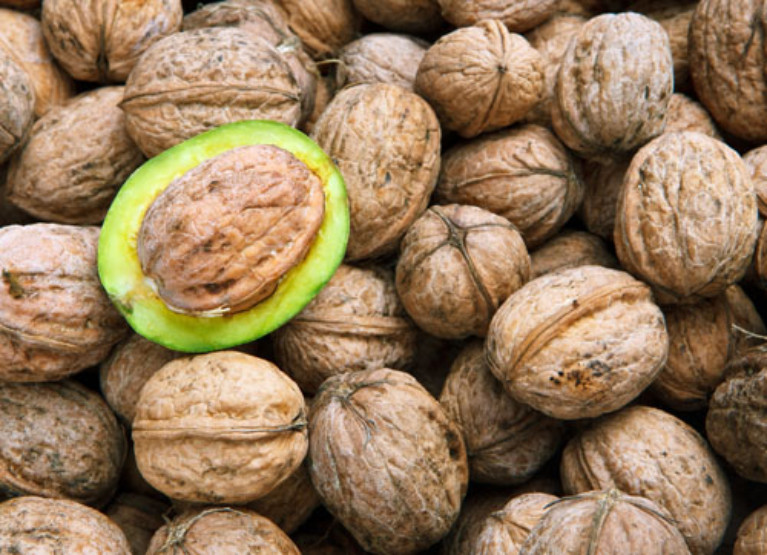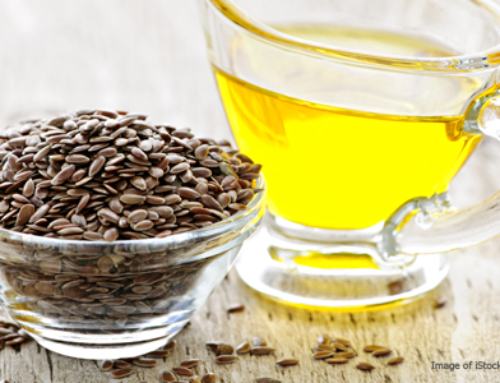Psychological health is often directly linked to nutritional deficiencies. The severity of a nutritional deficiency can even determine the extent of illnesses like depression, bipolar disorder and obsessive compulsive disorder.
In short, food directly impacts your physiology which directly impacts your psychology—your mental health.
Fortunately, research has shown that healthy eating and guided supplementation can help alleviate painful symptoms that accompany depression and other psychological disorders—even in advanced stages. Some supplements have demonstrated the ability to be nearly twice as effective as antidepressant medication, without dangerous side effects.
Depression is extremely difficult to manage, so it is easy to see why people go to such great lengths to ease the pain. With all the new research available, coping with this awful condition could become far more safe, healthy and economical.
Food for Thought
Proteins, carbohydrates and fats are the three primary macronutrients humans consume for energy. Each one can affect mindset in its own way. Through careful planning, each macronutrient provides a mental boost that can help overcome symptoms of depression and other psychological illness.
- Proteins.
Proteins are composed of amino acids, which also enable the function of the brain’s neurotransmitters. There are two groups of amino acids: those that the body produces naturally (non-essential), and those that we must receive through our diet (essential). Deficiencies in essential amino acids like tryptophan, phenylalanine and methionine have been linked to symptoms of depression. Tryptophan helps the brain produce the relaxing hormone serotonin and has been used clinically to treat depression. Phenylalanine increases alertness and natural levels of dopamine, and methionine kick starts the production of the brain’s neurotransmitters. Grass-fed beef, cage-free eggs and whey all deliver a natural, healthy dosage of essential amino acids that promote proper brain function. - Carbohydrates.
Refined carbs like white bread and conventional pasta offer little benefit. Sugar can actually cause depression. On the other hand, organic vegetables and low glycemic fruits trigger the release of a healthy amount of insulin, which escorts tryptophan to the brain to achieve a soothing effect, making it easier to fall asleep. Blueberries and Granny Smith apples are both low glycemic. They simultaneously soothe your mind and satiate a sugar craving. - Fats.
The human brain contains a large amount of lipids, or fats. About 50 percent of gray matter in the brain is composed of fatty acids—one-third of which are omegas. While many common foods (beef, oils, etc.) are loaded with omega-6 fatty acids, omega-3s are more difficult to come by. Wild-caught salmon and flaxseed oil are well-known sources, but both are lacking in the typical American diet. Unfortunately, an imbalance of omega-6 and omega-3 fatty acids is known to increase symptoms of depression. Omega-3 deficiencies disturb neural function, prevent the renewal of cellular membranes and may speed cerebral aging over time. Maintaining a proper proportion of omega fatty acids is vital to ensuring cognitive ability as we age.
Vitamins and minerals are also integral to psychological wellness. Research has demonstrated the positive effects that many all-natural compounds have on the brain. For example:
- Zinc protects the brain from harmful free radicals.
- B-Complex elevates mood.
- Magnesium has been shown to improve severe depression in as little as seven days.
- Vitamin B12 delays the onset dementia.
- Folate (also known as folic acid or vitamin B9) helps the brain develop neural pathways.
- Iron deficiencies are common in children with attention deficit hyperactivity disorder (ADHD).
- Selenium decreases anxiety and improves mood.
Proper nutrition is not solely about maintaining a healthy weight. It also allows for a healthy mindset. Antidepressants are not the best answer for depression. Choosing food for nutritional value and properly supplementing essential nutrients gives the body all the tools it needs to lessen and prevent symptoms of depression.










Connect With Us